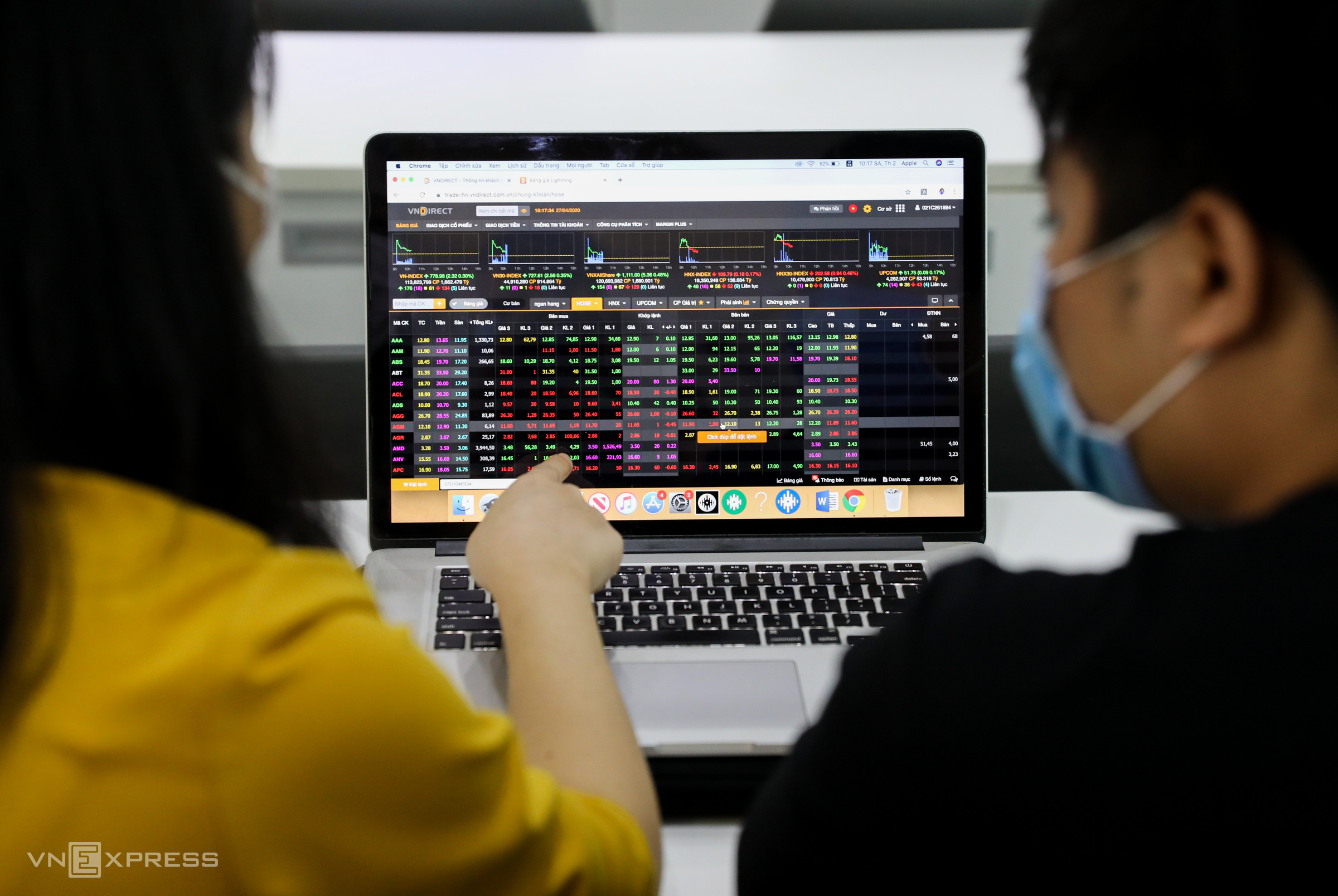The government recently issued Decree 245, amending and supplementing several regulations implementing the Law on Securities. Accordingly, the previous regulation allowing public companies to decide their maximum foreign ownership ratio has been abolished. This aims to facilitate market access for foreign investors.
For years, regulations on foreign ownership limits in public companies have been one of the biggest obstacles preventing the Vietnamese stock market from being upgraded. Ranking organizations like MSCI and the State Securities Commission (SSC) have also pointed out this issue. This shortcoming has created difficulties for foreign investors, affecting the liquidity and scale of the stock market.
In reality, many businesses have continuously reached their foreign ownership limits due to legal regulations, and some have used their autonomy to set this ratio lower than the maximum allowed, with some companies setting it as low as 5-10%. They try to avoid foreign capital to prevent takeovers, but this can also be a way to "reserve" space for potential strategic investors or protect the interests of a controlling group of shareholders.
According to regulations and international commitments, the maximum foreign ownership ratio in Vietnam is not fixed but depends on the business sector, and can be 50% or 100%.
With the new regulation, only public companies that have previously announced their foreign ownership limits can maintain or change them. They must publish this ownership ratio on the company's website and the stock exchange, and complete the notification procedures within 12 months. The Vietnam Securities Depository (VSD) will update and publish the maximum and current foreign ownership ratios for each public company on its website.
According to the SSC, these regulations aim to ensure the rights of foreign shareholders in stock trading, expand the market, and reduce risks for them.
 |
Investors monitor the electronic board at a securities company's trading room in Ho Chi Minh City. Photo: Quynh Tran |
Investors monitor the electronic board at a securities company's trading room in Ho Chi Minh City. Photo: Quynh Tran
The decree also simplifies the procedure for issuing trading codes to foreign investors. For instance, they no longer have to submit paper documents to the VSD to obtain a trading code registration certificate. Instead, investors will be granted an electronic trading code (ESTC) and can trade after receiving it.
In addition, foreign securities investment fund management companies will be granted two trading codes for their own and their clients' transactions. This optimizes the management process and allows separate internal monitoring based on each type of activity (proprietary trading, managing client transactions). This also forms the basis for implementing the Omnibus Trading Account (OTA) model, in line with international practice.
The Vietnamese stock market will be reviewed by FTSE for an upgrade from a frontier market to an emerging market in its annual index review on 7/10. FTSE Russell is one of the three leading global index providers, including MSCI, FTSE Russell, and S&P Dow Jones Indices, which provide benchmarks for international investors.
According to HSBC's scenario, more than 10 billion USD of foreign capital could flow in if the stock market is upgraded.
Tat Dat












